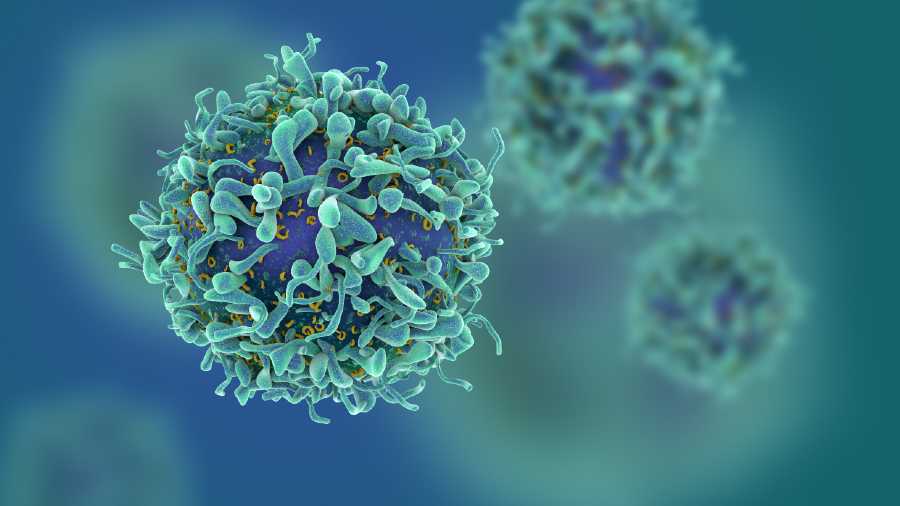A private hospital group in the city has introduced a modern way of cancer treatment wherein tumours are killed by freezing them.
“In cryoablation technology, a needle is inserted to the tumour with an ice ball at a temperature between -20 degrees and -40 degrees Celsius. The low temperature kills the tumour cells and freezes the tumour in its track,” said Shuvro Roy-Choudhury, director of interventional therapies at Narayana Health.
“This is a less painful procedure. If there is an elderly patient or someone with lung or cardiac ailments, avoiding a surgical procedure will suit them better,” said Roy-Choudhury. The recovery time as well as management of organs where the tumour is present will be much better, said doctors.
Ablation technology involves inserting needle that is directed at the tumour. Ablation technologies using heat is also done for treating tumours. But the superiority of the cryoablation technology is in its lesser probability of causing harm to neighbouring tissues and organs.
“Treatment margins are better defined in cryoablation. The probability of harm on other neighbouring tissues or organs near the tumour is far less in cryoablation technology than other forms of ablation,” said Roy-Choudhury.
The cryoablation technology can be generally used only for treating small tumours up to the size of 4 cm.
“Suppose there is a 3cm tumour in the kidney. With this technology it can be treated as effectively as a surgery without cutting open, minimally invasive with a rapid recovery where the patient goes home the next day. There is no scar either,” said Roy Chowdhury.
Killing one tumour through the cryoablation technology could cost around Rs 3 lakh, said Roy-Choudhury. He added that both malignant and benign tumours could be killed making use of this technology.
Cryoablation technology is better suited for tumours in the kidney, breast, soft tissues and bones. For tumours in the in the lungs and liver, other forms of ablative technology works better, said the doctor.
But ablation technologies will work only if the cancer is diagnosed in its early stage. In someone who has been diagnosed with cancer in an advanced stage, other forms of treatment like immunotherapy, chemotherapy, radiation and surgery will be required.
